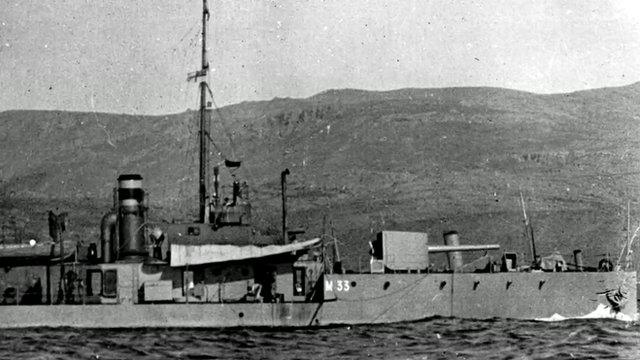Gallipoli centenary: Ceremony to mark Scots role
- Published
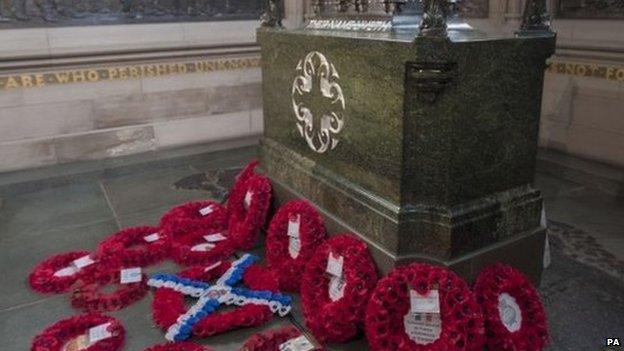
A commemorative dawn service has been held at the Scottish National War Memorial in Edinburgh to mark the 100th anniversary of the Gallipoli landings during World War One.
About 131,000 troops - some 45,000 Allied soldiers and 86,000 from Turkey - died during the campaign.
The contribution of Scottish units was specially recognised.
Wreaths were laid, with the service broadcast to members of the public on Edinburgh Castle esplanade.
Gallipoli was one of the bloodiest campaigns of the war and the first to involve troops from Australia and New Zealand.
The fatalities included about 25,000 British military personnel, 10,000 from France and 10,000 from Australia and New Zealand.

What was Gallipoli?
The Gallipoli campaign
1915-16
-
350,000 British troops, 25,000 died
-
79,000 French troops, 10,000 died
-
74,000 Anzac troops, 10,000 died
-
400,000 Turkish troops, 86,000 died
After a failed naval attack, the Allies tried to capture Constantinople (now Istanbul) via the Gallipoli Peninsula by land assault
The amphibious assault started at dawn on 25 April, 1915
British, French and their dominions' troops - including soldiers from Australia, New Zealand, India and Newfoundland - took part
They faced months of shelling, sniper fire and dysentery, before abandoning the campaign
45,000 Allied troops died for no material gain, although the Turkish Army was tied down for eight months
86,000 Turkish troops died. Commander Mustafa Kemal survived and went on to found modern Turkey

First Minister Nicola Sturgeon and Secretary of State for Scotland Alistair Carmichael attended the service in Edinburgh.
The event was organised by the The Royal British Legion Scotland and is part of the Legion's annual Anzac Day Service.
It opened with a performance of 'And the Band Played Waltzing Matilda', written by Scottish folk singer Eric Bogle, and the Legion Scotland National Standards being marched across the castle drawbridge.
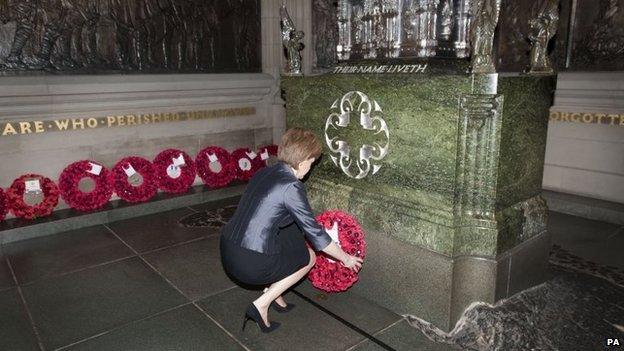
Lt Col Roger Binks from the Scottish National War Memorial said: "There were many Scots regiments who were there and the Royal Navy and Royal Air Force, so it was very much a combined effort.
"The 25th April is a particularly poignant day."
Kevin Gray from the Royal British Legion Scotland told BBC Radio Scotland: "There were many, many Scots units involved in the Gallipoli campaign.
"You had the King's Own Scottish Borderers who were part of the 29th division, and also the 32nd Lowland division, so they played their part fully, both in the initial stages of the campaign and later on as reinforcements.
"You also had other units like the Royal Scots. They served in the 32nd Lowland Division. They, particularly, lost 214 officers and men in the Quintinshill rail disaster whilst deploying to Gallipoli."
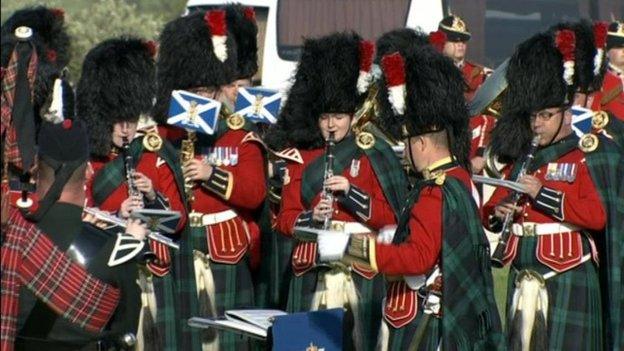
Soldiers from the Royal Regiment of Scotland have been taking part in commemorations in Gallipoli
A series of events is taking place in Turkey to mark the 100th anniversary of the landings on the peninsula.
On Friday, Prince Charles and Prince Harry met 15 relatives of Gallipoli veterans on board HMS Bulwark, the Royal Navy's flagship.
Meanwhile the bravery of one particular Scottish seaman at Gallipoli was honoured in a ceremony in Bermuda.
George Samson from Carnoustie was awarded the Victoria Cross for his actions during the landings.
He was buried in Bermuda in 1923 after dying while serving on a merchant ship.
A commemorative service in his honour was held at the military cemetery in St George's on Saturday evening.
- Published25 April 2015
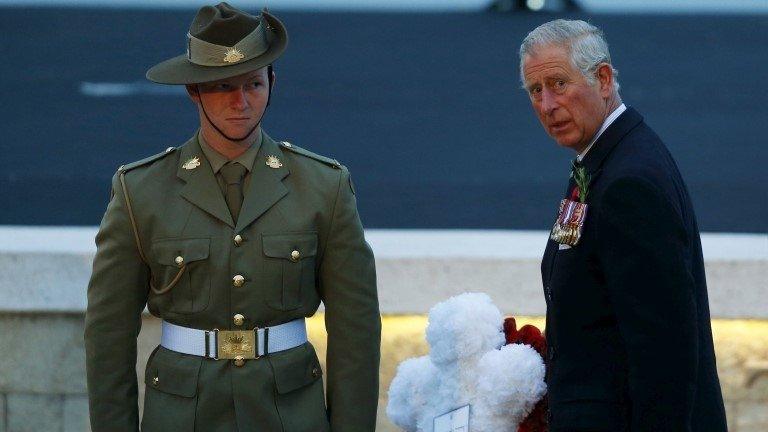
- Published25 April 2015
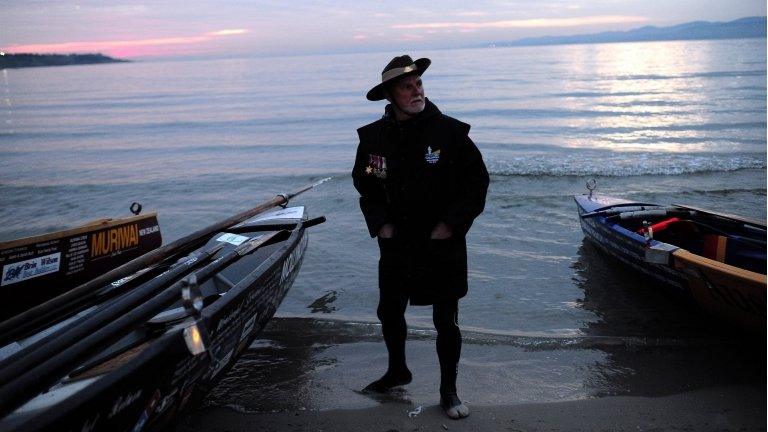
- Published24 April 2015
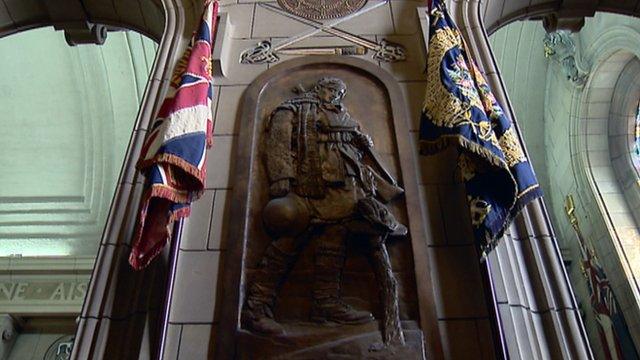
- Published24 April 2015
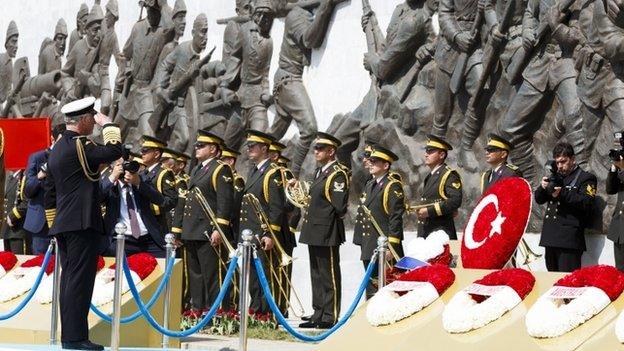
- Published24 April 2015
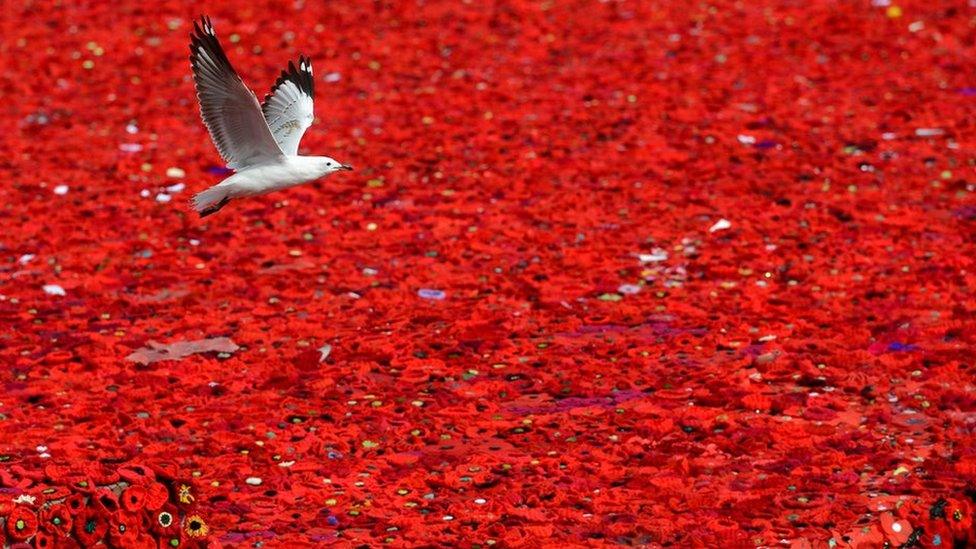
- Published24 April 2015
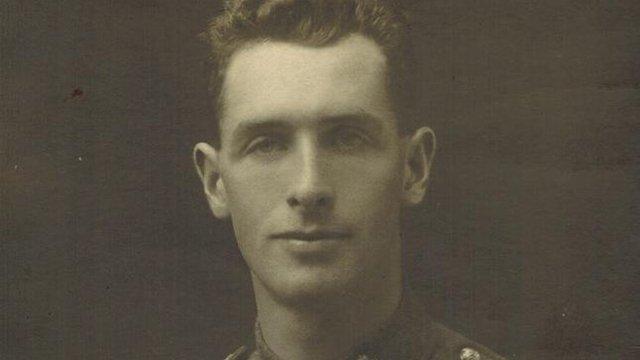
- Published24 April 2015
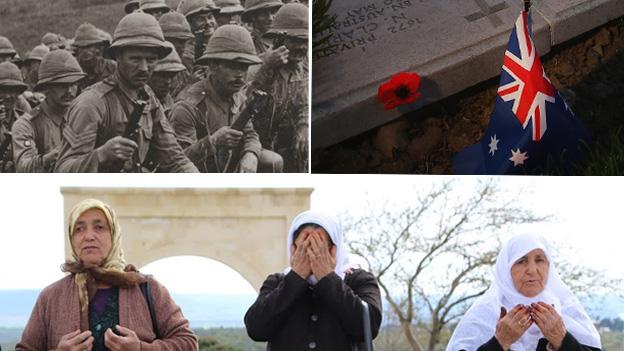
- Published24 April 2015
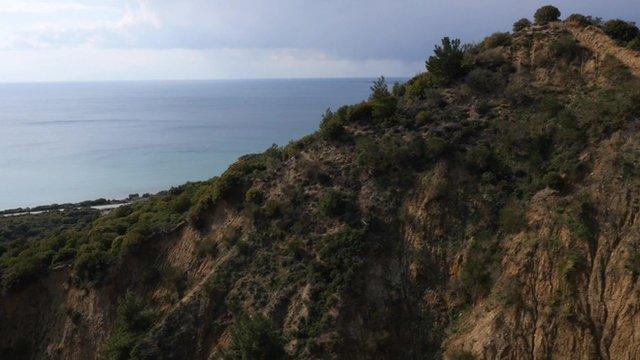
- Published23 April 2015
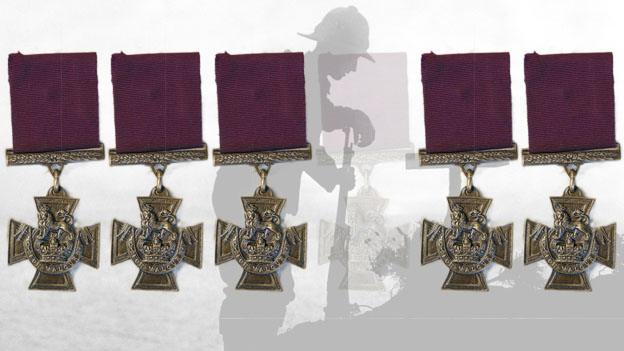
- Published23 April 2015
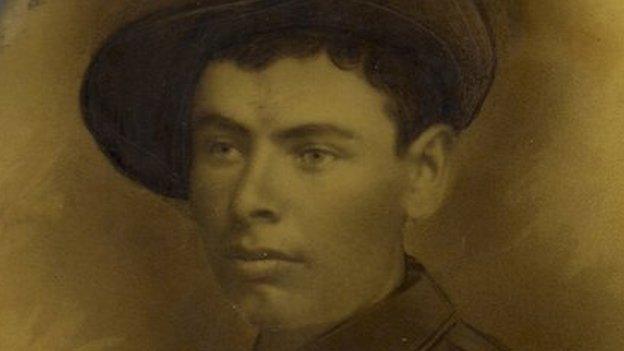
- Published23 March 2015
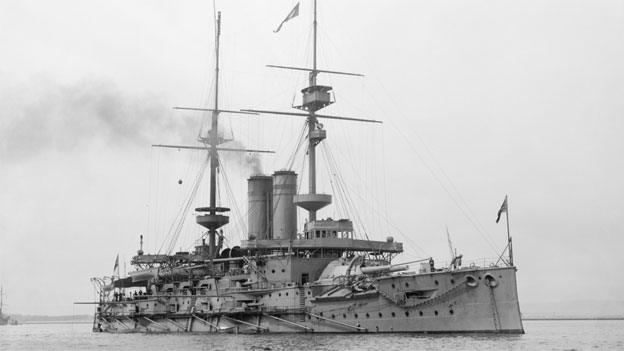
- Published20 April 2015
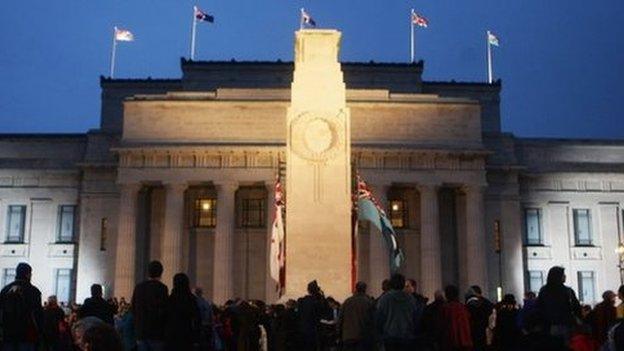
- Published19 February 2015
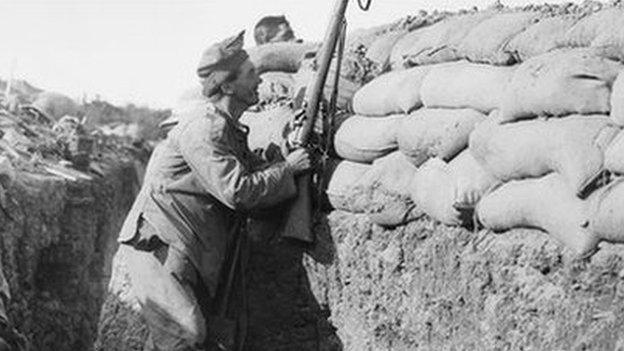
- Published9 April 2015
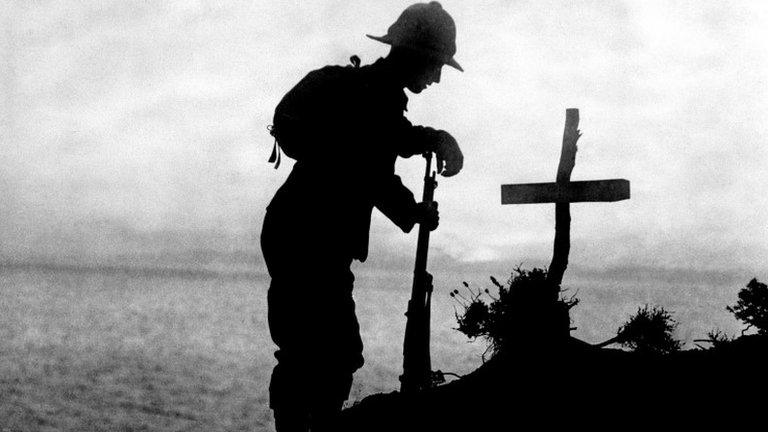
- Published3 March 2015
